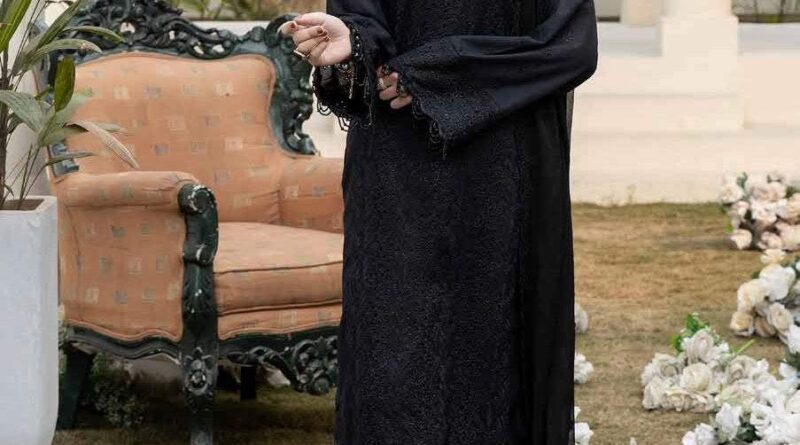The Heritage of Chikankari Lawn Shirts Edition
Introduction of Chikankari Lawn Shirts
Chikankari, an exquisite form of embroidery originating from Lucknow, India, has a rich heritage dating back centuries. This intricate craft involves delicate white thread work on fine fabric, creating stunning designs that have captivated hearts worldwide. In recent times, Chikankari has experienced a resurgence in popularity, particularly in the realm of fashion. One manifestation of this revival is the emergence of Chikankari on lawn shirts, blending tradition with contemporary style.
Exploring the Roots of Chikankari
Chikankari finds its roots deeply embedded in the cultural tapestry of Lucknow, a city renowned for its Nawabi grandeur and artistic finesse. Historically, it is believed to have been introduced by Nur Jehan, the wife of Mughal Emperor Jahangir, in the 17th century. The craft flourished under the patronage of the Nawabs of Awadh, who fostered an environment of artistic expression and refinement.
The Artistry of Chikankari
Central to Chikankari’s allure is the meticulous craftsmanship involved in its creation. Skilled artisans, often working with fine needles and thread, meticulously embroider motifs onto fabric, creating a delicate interplay of shadow and light. Traditional Chikankari motifs include flowers, paisleys, and geometric patterns, each symbolizing different aspects of nature and culture. The process is labor-intensive, requiring patience, precision, and a deep understanding of the craft’s nuances.
Evolution of Chikankari in Fashion
While Chikankari has long been associated with traditional attire such as sarees, salwar kameez, and kurta sets, its adaptation onto lawn shirts marks a contemporary twist. Lawn fabric, known for its lightweight and breathable qualities, provides the perfect canvas for Chikankari’s intricate designs. This fusion of traditional embroidery with modern silhouettes has captured the imagination of fashion enthusiasts seeking elegance with a contemporary edge.
The Allure of Chikankari Lawn Shirts
Chikankari lawn shirts embody a harmonious blend of heritage and trendiness, making them a versatile addition to any wardrobe. Whether paired with jeans for a casual outing or dressed up with trousers for a formal event, these shirts exude timeless elegance. The intricate embroidery adds a touch of sophistication, elevating even the simplest of outfits.
Reviving Traditional Crafts
The popularity of Chikankari lawn shirts not only celebrates the artistry of the craft but also contributes to the preservation of traditional skills and livelihoods. By embracing Chikankari in contemporary fashion, designers and consumers alike play a vital role in sustaining the legacy of this centuries-old tradition. Moreover, the demand for Chikankari products creates economic opportunities for artisans, ensuring that their expertise is valued and passed down through generations.
Celebrating Cultural Heritage
In a world characterized by rapid globalization and homogenization of fashion, Chikankari lawn shirts stand out as a beacon of cultural heritage and identity. Each stitch tells a story, connecting wearers to a rich tapestry of tradition and craftsmanship. By donning Chikankari, individuals not only express their sartorial preferences but also pay homage to the artisans whose skill and creativity breathe life into each garment.
Conclusion
The heritage of Chikankari finds new expression in the form of lawn shirts, marrying tradition with contemporary sensibilities. As fashion continues to evolve, it is heartening to see age-old crafts like Chikankari reclaiming their rightful place in the spotlight. Beyond being mere clothing items, Chikankari lawn shirts serve as ambassadors of culture, reminding us of the timeless beauty and craftsmanship embedded in our heritage. In embracing these garments, we not only adorn ourselves with elegance but also become custodians of a living legacy, preserving it for generations to come.

